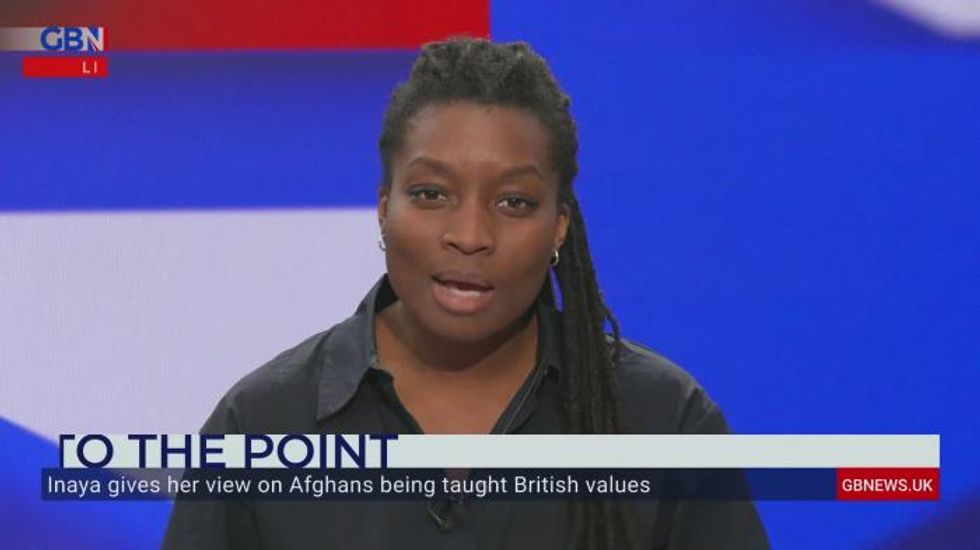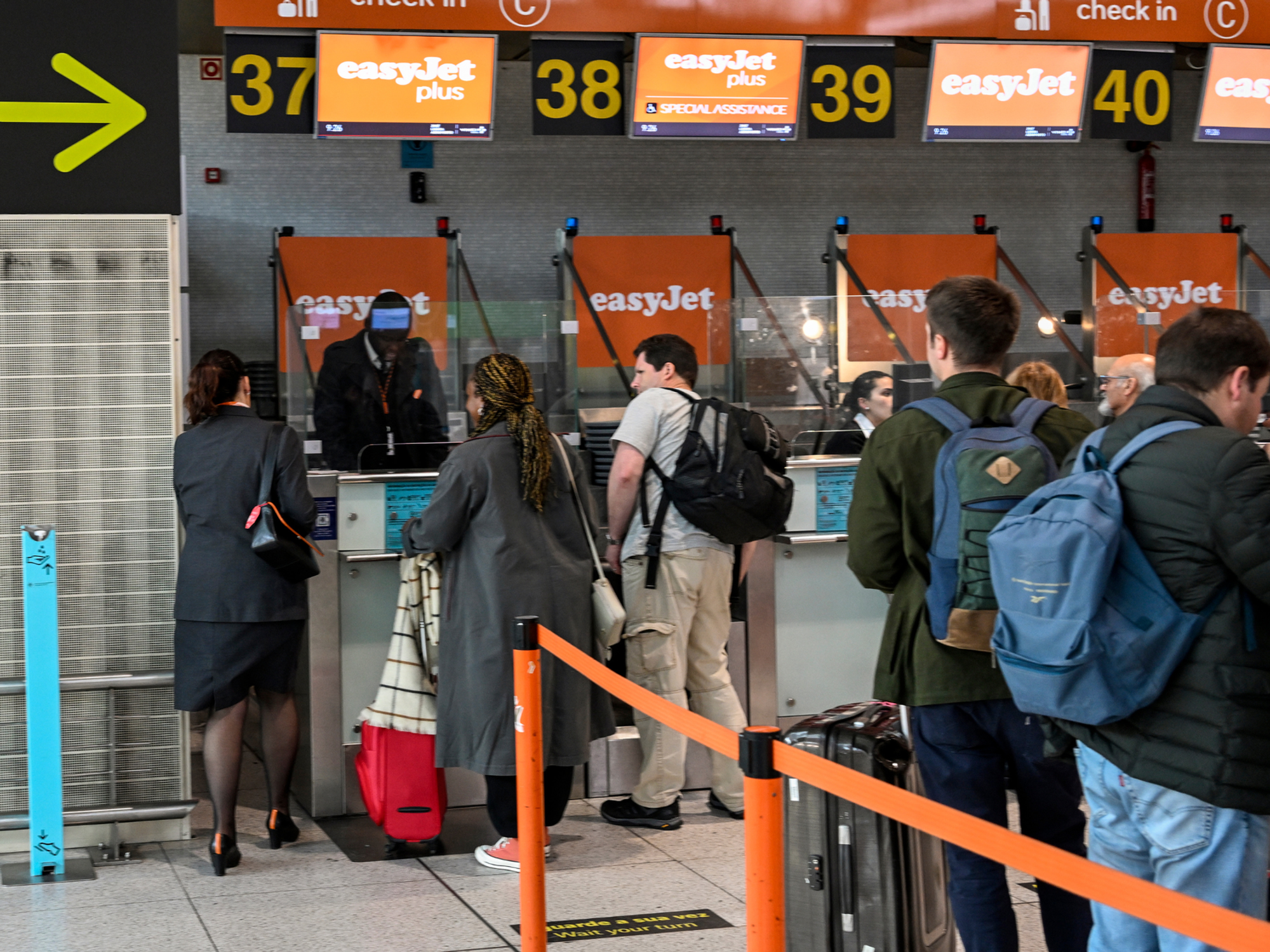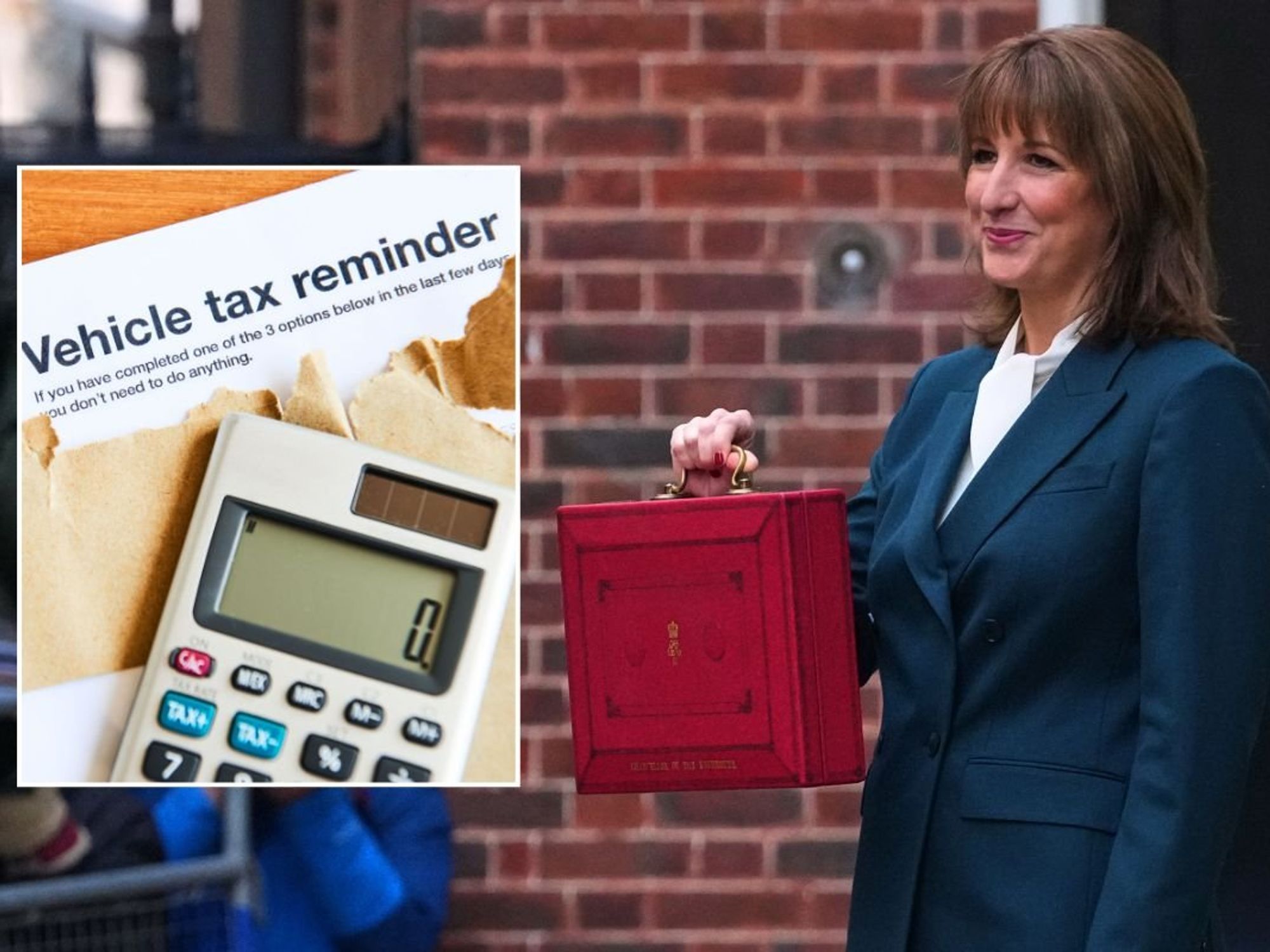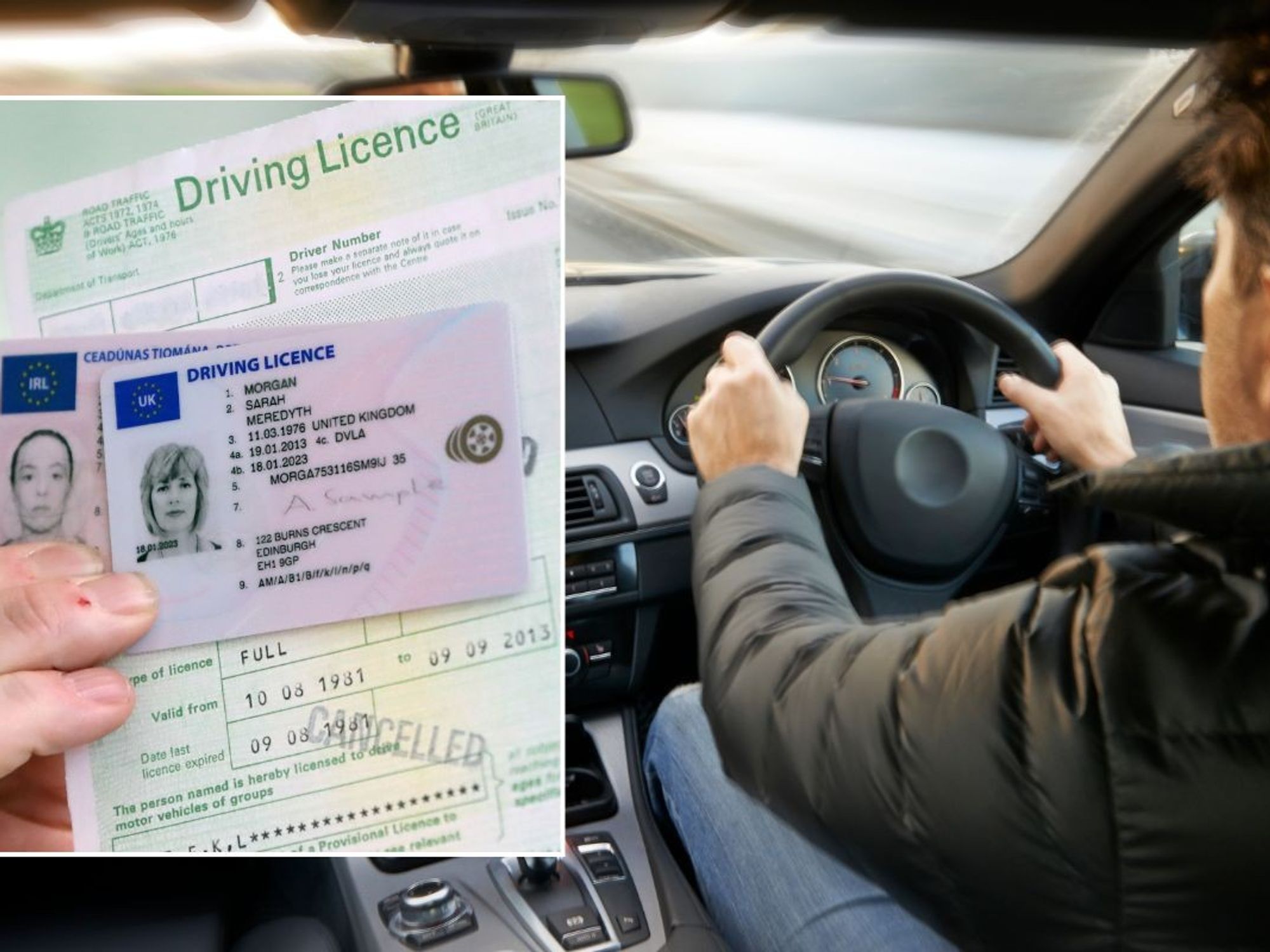Inaya Folarin Iman: If we're losing sight of British values, how can we teach them to others?

By Inaya Folarin Iman
Published: 03/09/2021
- 11:11Updated: 03/09/2021
- 12:32'Do we really value the history, norms, people’s and principles that underpin it?'
Don't Miss
Most Read
Latest
The Times today reports that refugees from Afghanistan will be taught about British values, culture and civic duties under plans for a new integration scheme.
The scheme will include English language classes, passes to museums and galleries and lessons of civic participation. This broadly positive news.
However, also, there’s a distinct irony in the government's desire to teach new Afghan refugees about British culture and values in the same year when a teacher in the UK was forced into hiding for showing a caricature of Mohammed in a religious studies class on blasphemy.
I agree, we should encourage new arrivals to the UK to understand, value and integrate into our society. This ensures that they become full participants in democratic and public life and are able to enjoy the full benefits of living in an open and free society, the type of society that is unfortunately, few and far between and is not a given, but a remarkable achievement.
Crowds of people wait outside the airport in Kabul, Afghanistan August 25, 2021 in this picture obtained from social media.
TWITTER/DAVID_MARTINON
But, it also fosters mutual understanding and exchange, as those already here can learn new things about other stories and experiences, new languages, food, and norms, enriching our society. There’s a lot we could learn from other cultures, such as strong family units, greater value and support for the elderly to name a few.
But, what about our culture? Do we really value the history, norms, people’s and principles that underpin it? Are we willing to defend it and stand up for it? Is there a clear sense of Britishness for new arrivals to integrate into?
Time and time again, when faced with censorious and often destructive forces, too often have institutions, cultural and intellectual elites and politicians failed to stand up for British values, even capitulating to those that represent the very antithesis to freedom, tolerance and solidarity. The Salman Rushdie Affair.
The teacher in Batley grammar school for example.
They have shown shame and disdain for important figures of the past such as Scottish Enlightenment philosopher David Hume - renaming the David Hume tower at the University of Edinburgh, Goldsmiths university's ‘review’ of the statues of Lord Nelson and Sir Francis Drake, even denigrating the English playwright Shakespeare, a man who not only immensely contributed to Britain, but has transcended to become one of the greats of humanity.
Freedom of speech, a foundational principle of democracy, in many institutions of British society is now seen as at best an inconvenience and at worst, a vehicle of hate and abuse, as the Scottish Hate Crime bill suggests.
Therefore, whilst I welcome any move to create a clear, coherent and workable integration policy, where new arrivals are taught about British values, first, we need to be able to articulate what they are to ourselves, be confident in them and be willing to stand up for them in the face of vociferous challenge. And so far, too often, too many have failed to do so.












